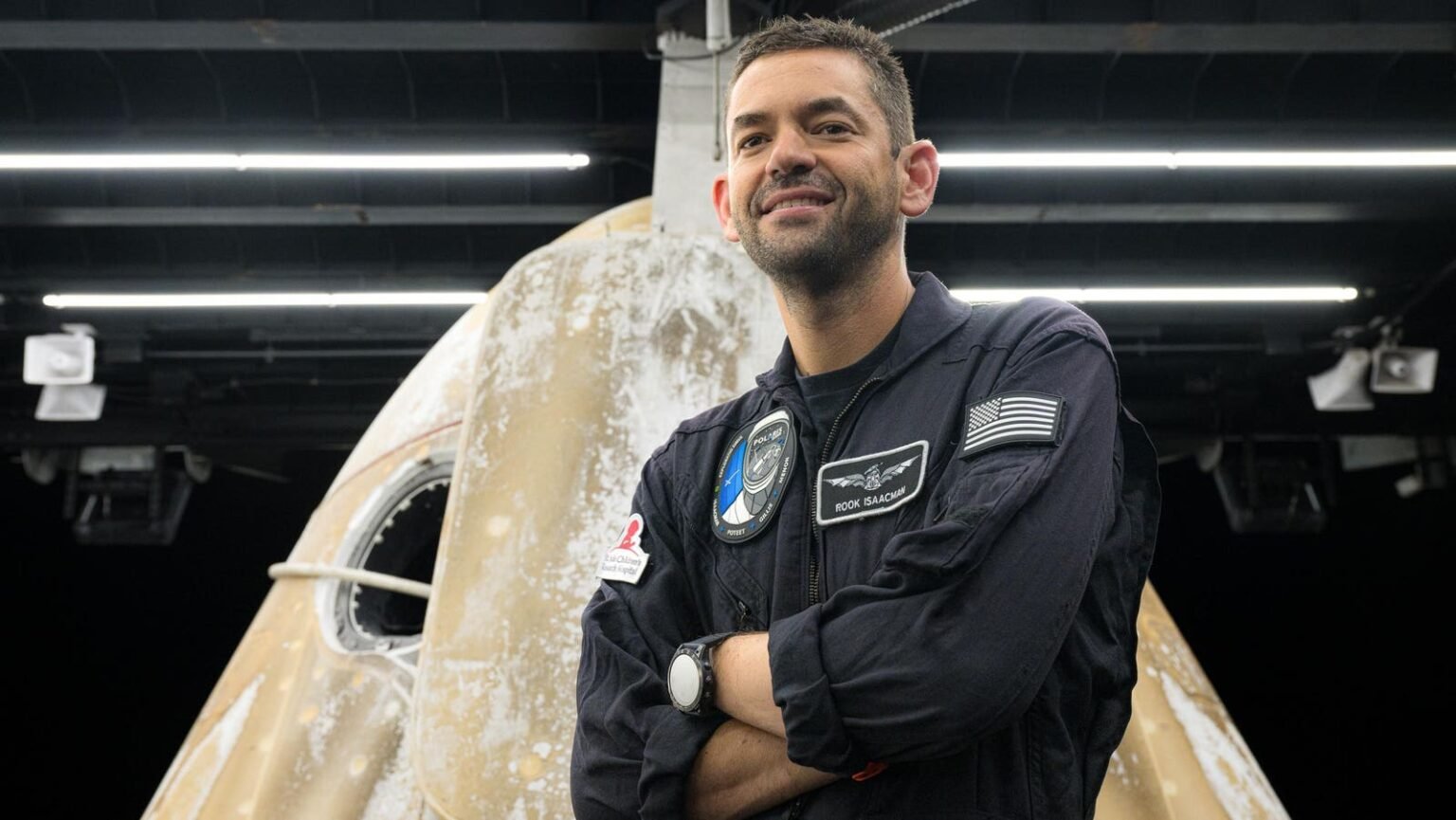Billionaire space traveler Jared Isaacman has recently completed the Polaris Dawn orbital mission, making history by reaching Earth’s highest orbit point since NASA’s Apollo 17 mission in 1972. Isaacman, who also conducted a spacewalk during the mission, shared his experience of the physically demanding and visually overwhelming task of floating in space alongside Earth. With extensive training over two and a half years, Isaacman and his crewmates were well-prepared for the mission, which aimed to test new spacesuits, communication methods, and scientific experiments for future space endeavors.
Isaacman’s journey to space is not new; he previously led the Inspiration4 initiative, the first all-civilian mission to space in September 2021. This mission raised over $250 million for St. Jude Children’s Research Hospital, with significant contributions from Isaacman and Elon Musk. Isaacman’s most memorable moment on the Polaris Dawn mission was when his crewmate Sarah Gillis played the violin, streaming her performance to audiences around the world. However, the most terrifying part of the mission for Isaacman was re-entry, a high-risk process that he described as intense and out of his control.
Polaris Dawn is the first of three planned missions, with the next two voyages expected to take place in the coming years aboard a SpaceX Dragon 2 spacecraft. The timing of the third mission will be determined by the progress of SpaceX’s Starship, a massive spacecraft and rocket system designed for deep space exploration. Isaacman’s company, Shift4, is also an investor in SpaceX, with the value of its stake growing significantly in recent years. While the total cost of the Polaris Dawn mission remains undisclosed, reports suggest it could run into hundreds of millions of dollars.
Despite his wealth and investments in space exploration, Isaacman emphasizes that there is no personal economic benefit for his space endeavors. For him, supporting causes like St. Jude and advancing humanity’s exploration of space are priorities that drive his passion for these projects. The Polaris Dawn mission focused on testing new technologies and conducting scientific research that will benefit future long-duration space missions. Data collected from the mission, including astronaut vitals and spacesuit performance, will inform the development of next-generation space technology.
Now back on Earth, Isaacman reflects on the current state of the world, expressing concern about the divisiveness and turmoil that exist, particularly in the United States during an election year. He advocates for finding common ground and working together to create a better future for humanity. As he looks forward to his future space pursuits, Isaacman remains committed to pushing the boundaries of exploration while addressing the challenges and opportunities that lie ahead. For Isaacman, his passion for space travel and philanthropic efforts are intertwined, driving him to continue making a positive impact on both Earth and beyond.












